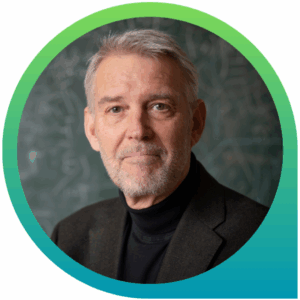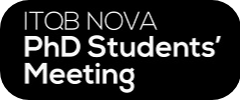INVITED SPEAKERS

Hierarchy and heterarchy of circuit mechanisms for behavioral control
Joseph Paton
Principal Investigator - Learning Lab
Director of the Neuroscience Programme, Champalimaud Research
Champalimaud Foundation - Lisbon, Portugal
Joseph Paton research focuses on the neural mechanisms and computational principles of learning, decision-making, action selection and timing. In the course of trying to understand how the brain combines these functions to produce intelligent behavior, he has increasingly moved into areas that overlap with modern AI research. During his mandate as CNP Director, Paton has also spearheaded the development of a new Centre for Restorative Neurotechnology at CF, as well as representing CF as a member of the recently announced Centre for Responsible AI.

Smarter, Faster, Healthier: The AI Revolution in Medicine
Sofia Couto da Rocha
Head of Innovation & Head of Virtual Client at Lusíadas Saúde
Expert in exponential technologies (mainly AI, Data, and X-realities) applied to real-world challenges; clinically dedicated to longevity, with over 10 years of driving innovation and creating lasting impact as both an entrepreneur and a corporate leader—two arenas for disruption and future creation.

